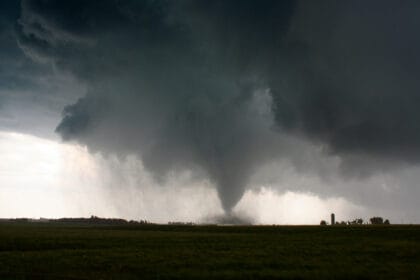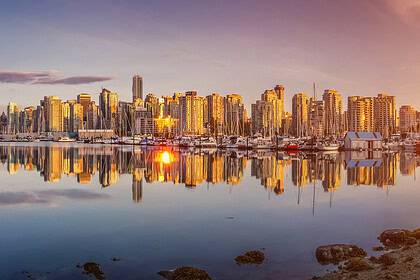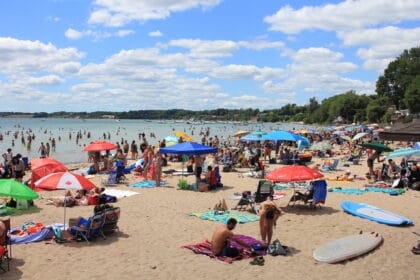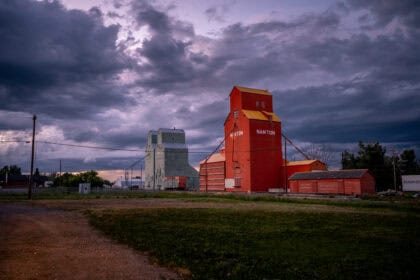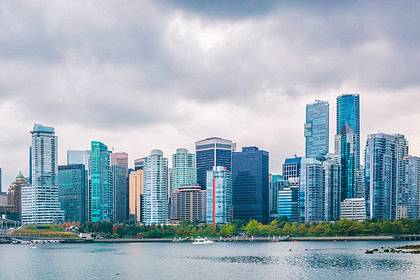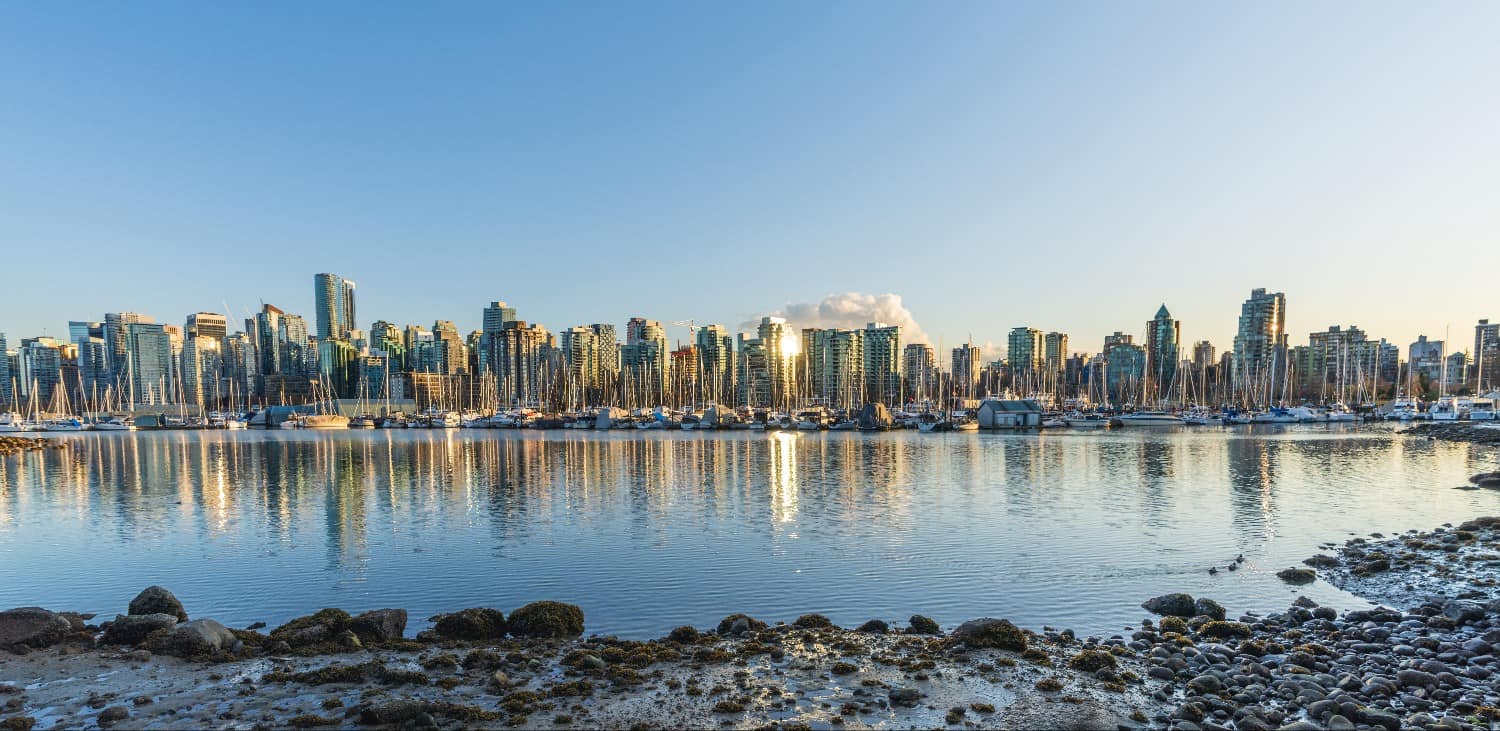
A warm season ahead for Metro Vancouver
As summer approaches, all eyes are on Metro Vancouver’s forecast, especially after the memory of the June 2021 heat dome, the deadliest weather event in British Columbia’s history. So far, Environment Canada is projecting a warmer-than-average summer across the Lower Mainland, although specific extreme events like heat domes cannot be forecasted more than 10 days in advance.
Environment Canada’s early outlook
According to meteorologist Bobby Sekhon, June through August is expected to be hotter than the seasonal norm. This is based on climatological models indicating higher-than-average temperatures throughout the meteorological summer, which officially runs from June 1 to August 30.
While long-range forecasts offer a general trend—such as above-average heat—they do not predict individual weather phenomena. Sekhon emphasizes that events like heat domes or Arctic cold snaps only become forecastable when a strong ridge of high pressure forms, typically within a 10-day window.
The Weather Network’s warning: Heat dome possibilities elsewhere
On May 28, The Weather Network released its summer forecast, warning of a possible heat dome stretching across large parts of Canada, including sections of British Columbia. However, coastal regions and the Lower Mainland, including Metro Vancouver, were not included in the high-risk zone. Sekhon declined to comment specifically on the Weather Network’s model, reinforcing that regional variability and shifting atmospheric conditions limit long-term prediction of such extreme events.
Remembering June 2021: A benchmark for early warnings
The June 2021 heat dome, which tragically led to 600 deaths in B.C., serves as a sobering reminder of the potential dangers tied to these rare systems. That event was characterized by an exceptionally strong ridge of high pressure and occurred during the longest days of the year, intensifying its effects. Remarkably, Environment Canada saw early signs of the anomaly around 10 days prior, issuing a heat advisory five days ahead—more lead time than usual.
Sekhon stresses that although forecasters now watch for such high-pressure ridges, the final calls on heat warnings are made only a few days before, to ensure accuracy as atmospheric conditions can shift rapidly.
For now, Metro Vancouver residents should prepare for warmer-than-normal conditions this summer, while staying tuned to daily forecasts for updates on any significant developments.




